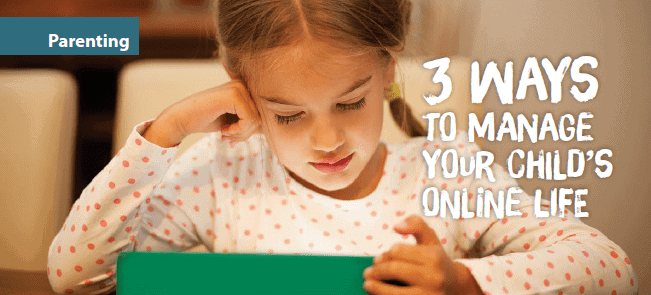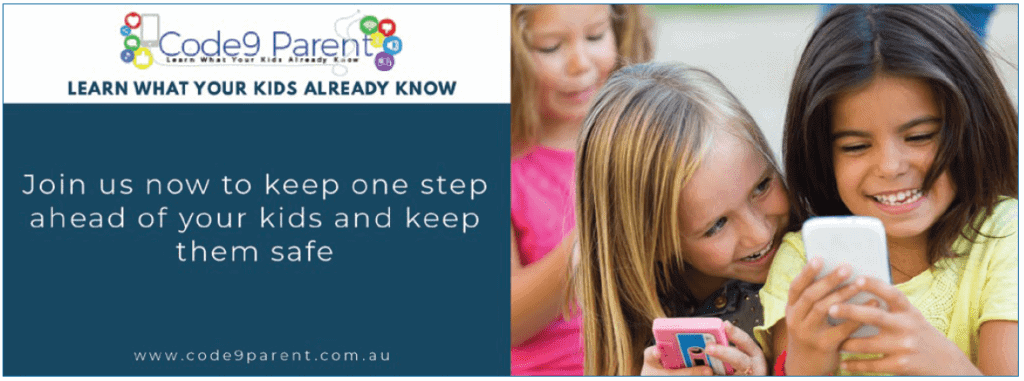Are you looking to manage your child’s online life? Does it seem like your child always has a screen in front of them?
If it’s not a laptop or iPad for school, then it’s a phone or an iPad at home for relaxation, or they’re on the laptop/ desktop to play games or watch YouTube – when you add it all up, that’s a lot of screen time. Essentially, it might feel like they’re always online!
The online world is part of our everyday life
We use tech at school as part of our education and then at home for school work and research. We use it as entertainment, to watch shows and play games, and we use a variety of apps and websites to stay connected to family and friends. With the added applications of a camera and video camera, allowing the easy documentation of the moments in their lives, for the most part, our children’s digital device might rarely leave their hand.
It’s also a device that can expose our children to a world of things we don’t ever want our kids to see. From pornography to buying unnecessary stuff (and ‘borrowing’ our credit card without asking), to hate crimes – it’s the single most distracting thing in our homes when it comes to getting kids to do something offline.
Technology is empowering and its now a necessity for both us and our kids, but what do we need to put in place to help our kids, who are growing up as digital natives?
Here are 3 essential things we can do to help parents and kids manage the online world.
- Set up the device safely: this is imperative. You need to ensure that the devices your children have access to have been setup to ensure maximum security is in place. Devices have a range of options for parents to monitor or limit internet connectivity. From time to time, check that they are still in place, these kids know their way around these devices better than we do and some will challenge the restrictions you put in place.
- Set firm boundaries on use: This is vital, and consistency is the key. If your children don’t have their own device and use yours, then a simple boundary is for the rule to be that they ask before they use your phone. This is to minimise the risk of them getting on the web and seeing or accessing something you don’t want them seeing. If your child is older, a boundary might be that access to screens is only in the family rooms of the house, or that phones have to be out of the bedrooms at night.
- Ask questions: Ask your kids if they’ve ever had a stranger talk to them online? Ask them if they’ve ever seen something online by accident. Perhaps their friends have seen something online that made them uncomfortable or they know of someone being bullied via social media…. If we ask what’s going on online we at least have a better chance of helping them manage what they’ve seen or heard, and can put in place measures to stop it happening again or to help them deal with it.
It is far too easy for us parents to become frozen around our kids and the technology they use. But its essential that we stay on top of what they are doing and using so that we can help them to navigate their way through this online maze.
Written by Jane Webster: The driving force behind Code9 Parent producing easy to follow videos that address one or two points on the social media platform, so you can pick and choose what you need to see and learn then apply it immediately.
This article featured in Issue 27 of our printed magazine, published April 2018.


